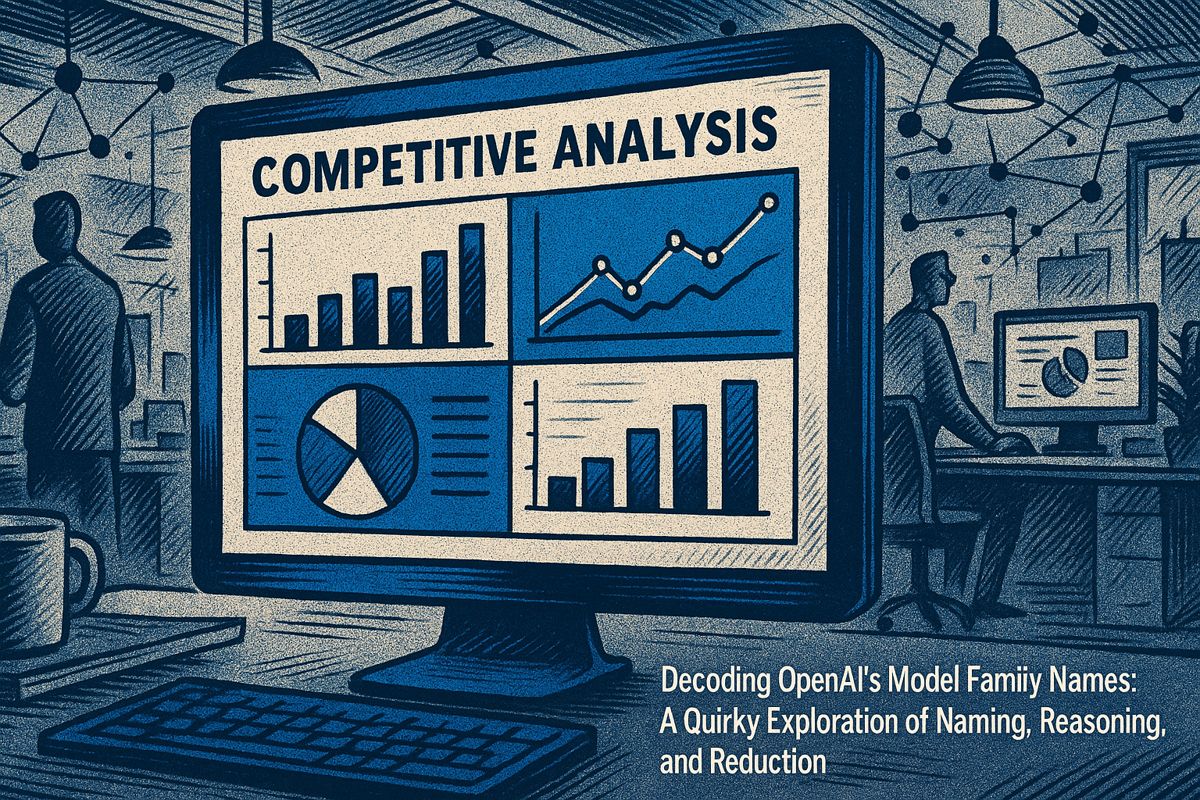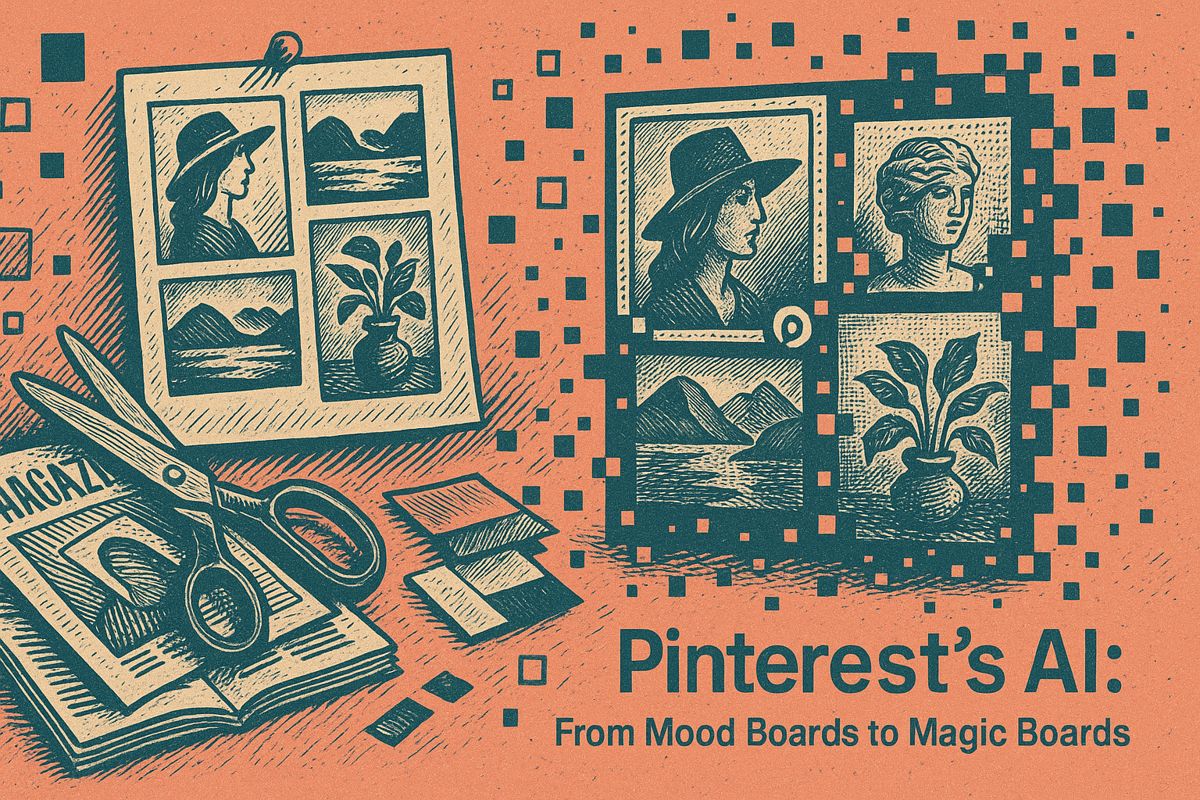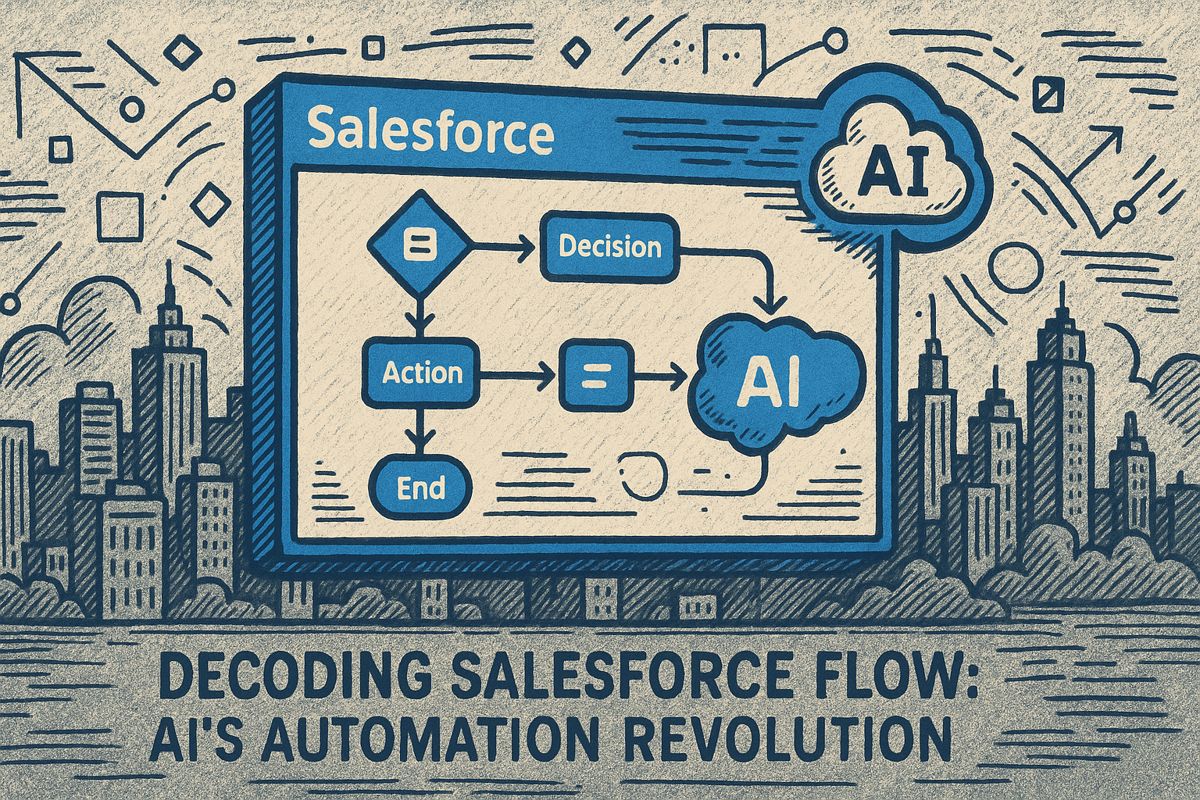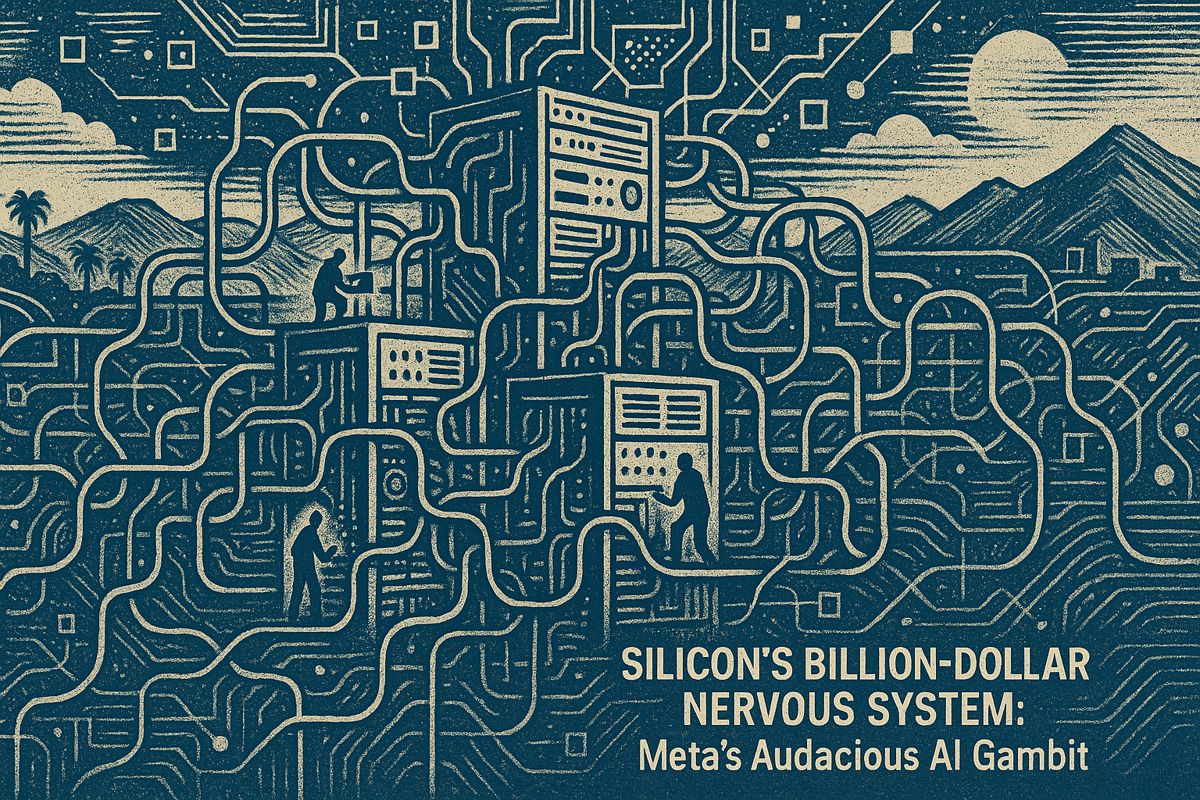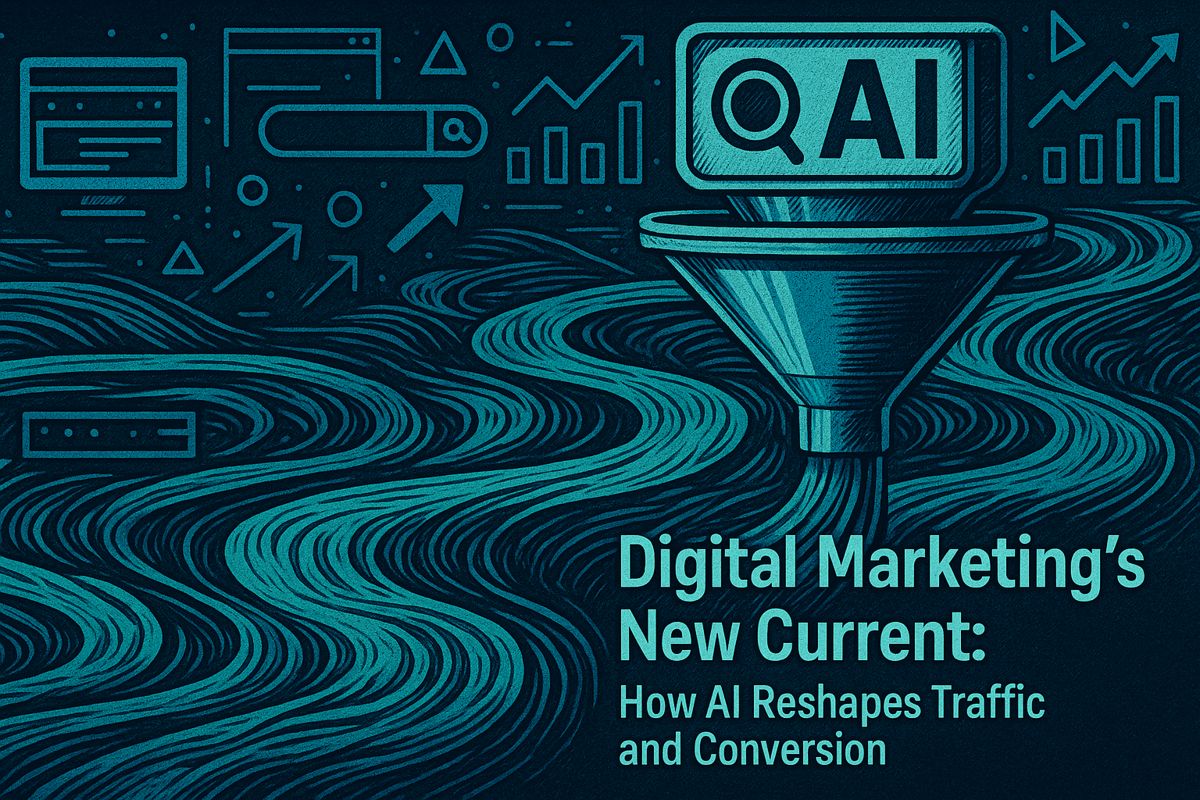Here’s the text with the most important phrase bolded:
Claude AI’s new competitive analysis tool revolutionizes marketing research by transforming complex competitor investigations into lightning-fast, precise digital experiences. Using advanced AI models like Opus, Sonnet, and Haiku, marketers can now conduct comprehensive audits in minutes instead of weeks, uncovering deep insights across keywords, backlinks, and content strategies. The multimodal approach allows users to upload various materials like screenshots and graphics, enabling nuanced competitive intelligence with remarkable depth and accuracy. Unlike traditional manual research methods, this tool minimizes human error and provides repeatable, actionable insights that can be quickly implemented across different business functions. The technology represents a significant leap forward in competitive intelligence, offering professionals a powerful, time-saving alternative to traditional research techniques.
What Makes Claude AI’s New Competitive Analysis Tool Revolutionary?
Claude AI’s competitive analysis tool transforms marketing research by providing multimodal, rapid insights across keywords, backlinks, and content strategies. Using advanced AI models like Opus, Sonnet, and Haiku, marketers can now conduct comprehensive competitor audits in minutes instead of weeks, with unprecedented precision and depth.
The Old Grind: Nostalgia, Sticky Notes, and an Avalanche of Tabs
Sometimes, a new feature in a familiar tool stops me in my tracks. This week, Claude AI – the generative assistant from Anthropic – did just that with its new competitive analysis capabilities. Skimming the announcement over my morning coffee, I was hit with a surge of nostalgia and just a hint of relief. Back in 2018, I managed a scrappy three-person digital team. Our so-called “competitive research” meant hours hunched over glaring monitors, juggling Excel imports, and frantically updating a graveyard of color-coded Google Sheets. The routine was a patchwork quilt of sticky notes, caffeine shivers, and gut-checks, as we divided up the “recon” (one person for backlinks, another for keywords, someone else for content gaps). The memory’s almost comical now, in a tragicomic way.
It’s strange how quickly those manual rituals have faded. With Claude’s new features, the time-worn process is replaced by a few lines of prompt and—almost magic—actionable insights arrive before the mug’s even half empty. Is this progress? Or just another shortcut? I can’t help but smile, remembering the faint smell of burnt toast from all those late-night competitive audits. Relief, mostly.
Claude’s Competitive Edge: Fast, Deep, and… Multimodal?
A friend, who leads marketing at a mid-sized SaaS company in Austin, recently gave me a firsthand account. “We plugged in our top three competitors,” she told me, “and in less than ten minutes, Claude spit out a list of their ranking keywords, SEO priorities, and a side-by-side breakdown of content strengths. I mean, it used to take us two weeks!” Her voice had this gritty glee—like a detective who’d swapped a magnifying glass for a thermal camera. The hardest part? “Deciding what to do with all the time we got back.”
Let’s get granular. Claude’s new toolkit doesn’t just scrape the surface—it benchmarks competitors, audits backlink profiles, and uncovers elusive keyword gaps. All this happens in a blink, whether you need a five-minute overview or a forty-five-minute deep dive. The platform now supports multimodal analysis, too. You can upload screenshots, infographics, or even a competitor’s ad campaign, and Claude will extract both text and visual cues. I found the way it “reads” subtle color palettes almost uncanny, like a bloodhound sniffing out the faintest trail.
Opus, Sonnet, and Haiku—Anthropic’s model variants—each bring a distinct flavor. Opus is for lengthy, nuanced research. Sonnet balances agility and depth. Haiku? Lightning fast, no frills attached. Odd, but refreshing: specialization instead of the usual “Swiss Army knife” AI sprawl.
Beyond the Hype: Why This Actually Matters
Let’s not get too starry-eyed. Anyone who’s slogged through manual competitor audits knows the pain of guesswork masquerading as insight. Before generative AI, we’d cross-check backlinks, infer strategies from blog posts, and sometimes just make educated guesses—Moz toolbar in hand. The inefficiency wasn’t just annoying; it left plenty of room for errors, even outright blunders (I once mixed up two competitors with similar names—embarrassing, but instructive). Claude’s new features, by comparison, promise not just speed but repeatability and precision. AI, after all, doesn’t get bored or overlook the fine print.
The multimodal angle quietly rewrites the rulebook. When you drop in a rival’s product launch graphic, Claude interprets layout, text, and even branding cues. It’s like having an extra set of eyes—eyes that don’t blink, and certainly don’t miss the forest for the trees. The sensory detail is subtle but real: I can practically hear the soft click of an image upload, the whir as new insights unfurl. Do I trust it completely? Not quite. But I trust it more than my old stack of browser tabs.
The “Claude now draws context from live, trusted sources, cross-referencing details to minimize nonsense. It’s not infallible, but it’s a leap forward.” The “deep research mode” might be my favorite innovation. Enterprise users have long complained about AI “hallucinations”—those fictional facts that sneak into otherwise credible reports.
New Risks, New Routines: Adapting to the AI Arms Race
Of course, these advances don’t arrive without complications. Information overload is real. AI gives you more, not less, and the temptation to chase every competitor’s move is strong. I’ve caught myself obsessing over side-by-side tables, forgetting—momentarily—that differentiation often matters more than mimicry. Adaptation, always adaptation… That’s the undercurrent of modern business, isn’t it?
“Legal teams use Claude to compare contract clauses. Product managers dissect screenshots of rival apps, searching for UX patterns like treasure hunters combing a beach at dawn.” A little envy, a little awe. The democratization of intelligence is exhilarating and, occasionally, overwhelming. Am I missing something? Probably. But I’d rather risk missing a trick than miss the whole parade.
If you’re skeptical, you’re not alone. I found the eWEEK review refreshingly detailed—less hype, more hands-on substance. And yet, I’m still left with a question: will all this automation make us sharper or duller over time? I suppose only time will tell.

